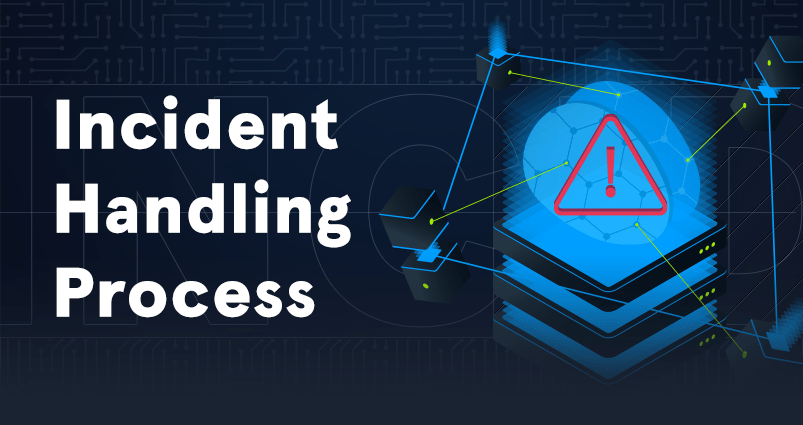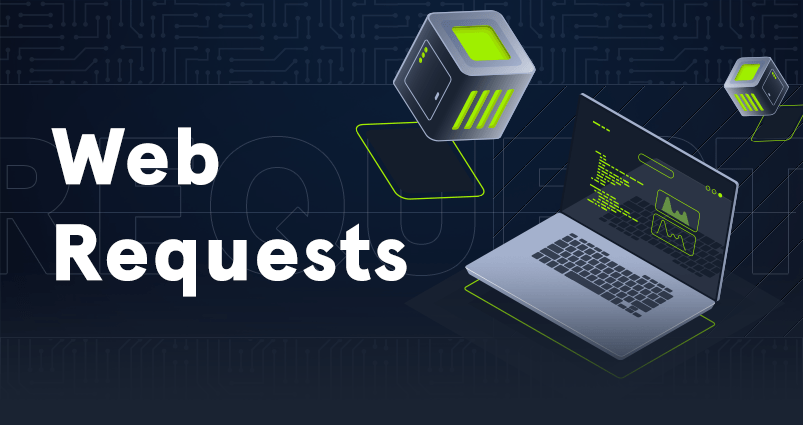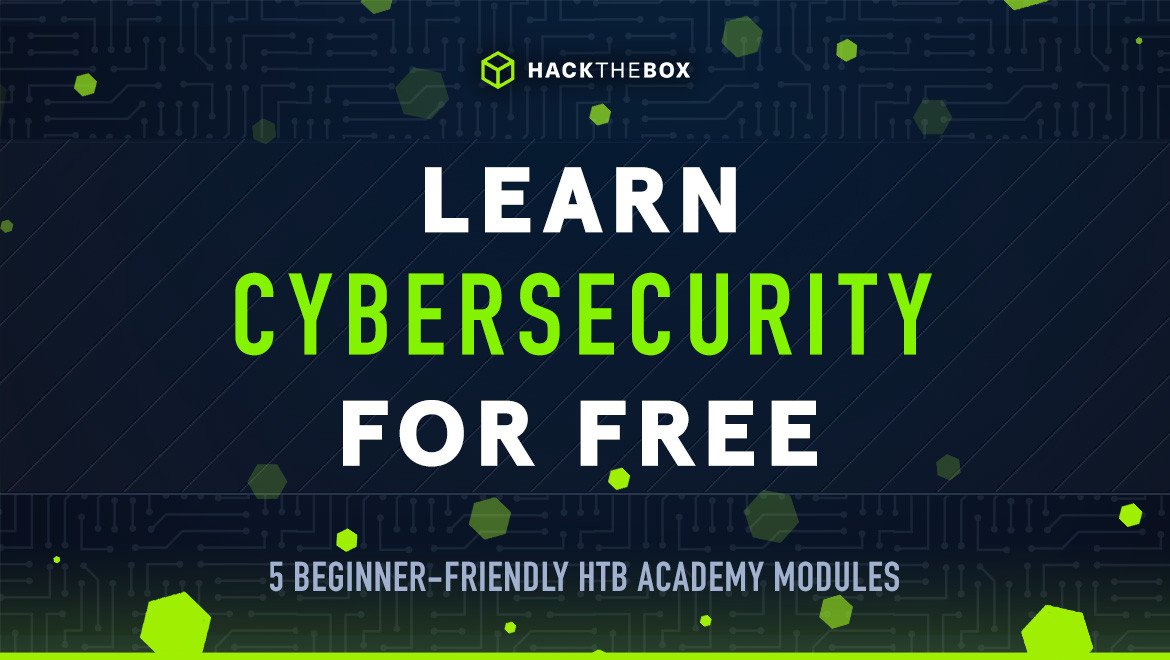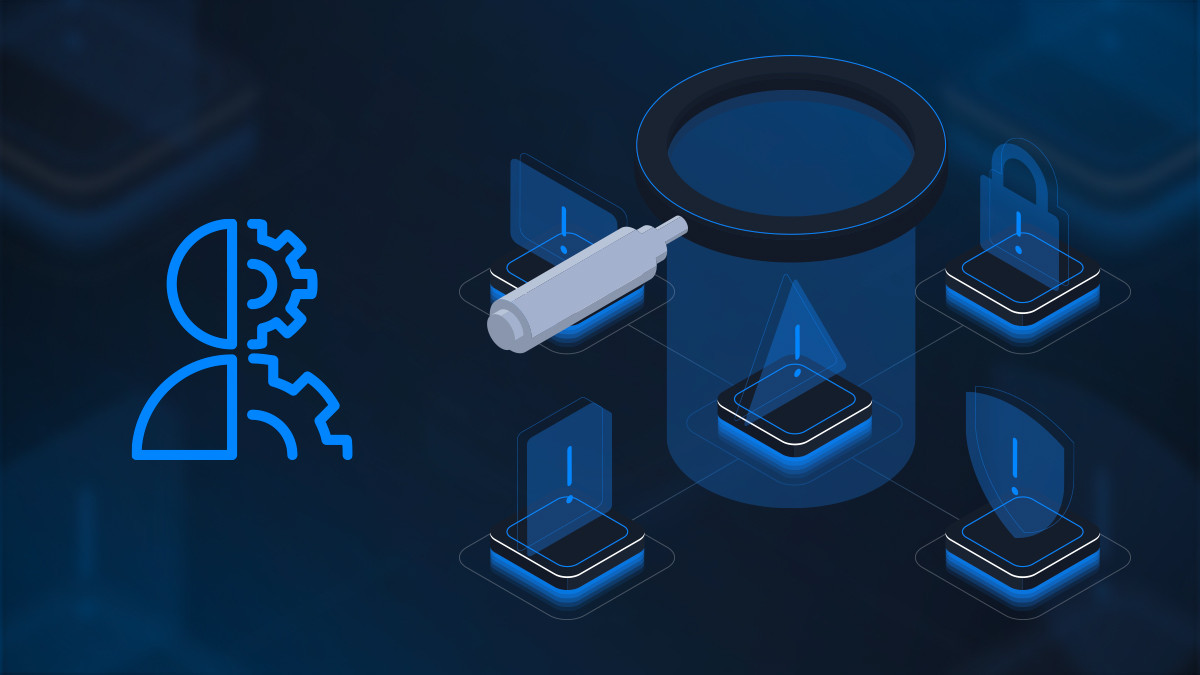Security 101
Learn cybersecurity for free: 5 beginner-friendly HTB Academy modules
The Hack The Box (HTB) Academy is the perfect place for beginners looking to learn cybersecurity for free. Get started today with these five free modules!

KyserClark,
Aug 29
2023
Table of Contents
From beginners brushing up on the basics to professional teams polishing advanced techniques, more than 900,000 users upskill on the HTB Academy.
Academy content is hand-crafted by real cybersecurity professionals. Courses cover offensive, defensive, and general cybersecurity topics that equip you with job-ready skills employers want.
It’s the perfect place for beginners looking to learn cybersecurity for free.
In this post, you’ll learn about five beginner-friendly free HTB Academy courses (or modules) that introduce you to the world of cybersecurity. Each course included in this list was hand-picked to reflect the real-world skills you’d need as a beginner.
Note: Already subscribed to the Academy? See how you can benefit from 1-to-1 tutoring, industry-recognized certifications, continuing professional education (CPE) credits, and more!
1. Introduction to Networking

A computer network is the connection of two or more systems. It's what facilitates communication and data transfer between devices.
It would be very difficult, maybe even impossible, to secure a network without first knowing how computers “talk to each other.” This makes networking an essential skill for all cybersecurity professionals to master.
The Introduction to Networking HTB Academy module takes you on a fascinating journey into the fundamental networking concepts essential for any information technology (IT) professional.
You'll learn about:
-
The intricacies of the internet's structure and design (giving you an understanding of various network types and topologies).
-
Important networking models: OSI and TCP/IP and their significance in data transmission and connectivity.
-
Internet protocol versions: IPv4 and IPv6 addressing for understanding global connectivity.
-
How subnetting and MAC addresses work, optimizing networks, and enabling smooth data transfer within local domains.
-
Wireless networks, uncovering technologies like radio frequency (RF) that allow for their functionality.
-
Proxies, virtual private networks (VPNs), cryptography, protocols, and more as you progress through the module.
Mastering these core networking principles will set a strong foundation for your cybersecurity journey. It equips you with the confidence to navigate the complex cyber landscape, opening up more opportunities in IT.
Take your first step into cybersecurity
Earn free courses by learning with your friends 🎁

Invite your friends to join HTB Academy and earn exciting rewards. When they register, complete modules, or buy subscriptions, you will be rewarded with cubes (that unlock more content) as a token of our appreciation!
2. Linux Fundamentals

Linux is easily the dominant operating system (OS) for servers and websites across the Internet. Defensive and offensive security professionals use it daily to perform almost every job function.
The HTB Linux Fundamentals module provides the vital groundwork for confidently navigating this influential OS.
From understanding Bash prompt descriptions and system information to efficiently editing files and employing regular expressions, each topic is designed to bolster your confidence in tackling real-world cybersecurity challenges.
The module takes a practical and user-friendly approach, giving you the essential knowledge and hands-on skills required to operate Linux. You’ll learn about:
-
Using the command line interface (CLI) and proficient file and folder handling.
-
Administration, service management, and permissions for precise system security control.
-
Package management, task scheduling, and network services.
-
Implementation of reliable backup strategies and understanding of web services.
-
Network configuration and remote desktop protocols for robust security techniques.
💡Recommended read: Learn Linux: 30 commands for beginners.
3. Windows Fundamentals

Windows is the most used OS globally and is used heavily in enterprise environments.
As an aspiring cyber professional, you will undoubtedly work with an organization that uses some version of Windows. So knowing how to secure a Windows environment is critical to your success.
The Windows Fundamentals module from HTB delves deep into the essentials required to navigate the Windows OS.
In this course, you will learn:
-
How to manage permissions and understand the Windows file system using CLI.
-
Mastery of Windows Task Manager for efficient system monitoring.
-
Effective administration and security practices through Microsoft Management Console (MMC).
-
Utilizing the power of Windows Subsystem for Linux (WSL) for seamless integration of Linux and Windows tools. This allows you to access robust cybersecurity tools and techniques in both operating systems.
By completing this module, you will be well-prepared to handle real-life situations and use Windows systems with confidence
4. Incident Handling Process

Incident handling is a clearly defined set of procedures to manage and respond to security incidents in a computer or network environment. These procedures help defensive security staff and teams promptly respond to incidents as they arise.
The Incident Handling Process module immerses you in core concepts essential for effective incident management. It delves into the incident handling framework and introduces you to the concept of the Cyber Kill Chain, a systematic approach to understanding cyber attacks.
If you’re looking to become a cybersecurity analyst or want to specialize in defensive security, this module is a must. You’ll learn about:
-
Detection and preparation: discover how to establish incident response capabilities and develop response plans, ensuring that your team is prepared to take decisive action in case a cyber incident arises.
-
Detection and analysis: enhance your abilities in identifying and analyzing suspicious events. By recognizing patterns of attack and indicators of compromise, you will have the power to prevent threats from escalating.
-
Incident Response: Implement strategies for effective incident response, minimizing damage, and mitigating potential risks.
By prioritizing containment, eradication, and recovery, you will learn strategies to separate and eliminate threats, ensuring their complete removal from your systems. Moreover, you will acquire the skills necessary to restore affected systems while mitigating potential harm.
Throughout the module, you will work in accordance with the Computer Security Incident Handling Guide provided by the National Institute of Standards and Technology (NIST). This will help you better grasp the best practices commonly used in the industry.
5. Web Requests

Web requests are like online messengers, carrying messages between your device and servers. They let you visit websites, watch videos, and shop online by helping your device talk to these servers.
For cybersecurity professionals, understanding the nuances of web requests is crucial for identifying possible weaknesses, protecting web assets, and strengthening defenses against cyberattacks.
In the Web Requests module, you’ll learn about:
-
HTTP web requests and their role in web application communication.
-
The usage of essential tools like cURL and Browser DevTools in cybersecurity.
-
HTTP requests, responses, headers, and response codes.
-
Standard HTTP methods: GET, POST, PUT, DELETE.
-
How to Interact with APIs to enhance your web skills.
With this newfound expertise in web requests, you’ll be better equipped to work with web applications and secure them by probing for potential weaknesses.
Enroll in the Web Requests Course
How to get more out of your Academy subscription
All of the Fundamental modules mentioned above are free when you register for the HTB Academy.
Upon registration, HTB grants you several Cubes (an in-platform currency on the Academy) that allow you to take the Fundamental modules. When you complete a module, you’re rewarded with additional cubes that you can use on other Fundamental level modules.
This gives you a taste of HTB’s Academy platform and content for free.
If you want to unlock advanced features that improve your learning experience and career, HTB suggests purchasing a subscription plan or buying Cubes to access:
-
In-depth, advanced courses. These courses provide a well-organized learning path to explore specific areas of interest. Content covers defensive and offensive topics, and modules are regularly updated and aligned with the live threat landscape.
-
1-to-1 tutoring. Struggling with a module exercise? Fear not! HTB Academy offers one-to-one tutoring through Discord. Connecting your Academy and Discord accounts lets you request tailored assistance and guidance on challenging exercises.
-
Industry-recognized certifications. HTB Academy provides certifications such as the Certified Penetration Testing Specialist (CPTS) and Certified Bug Bounty Hunter (CBBH) certifications. These certifications prove your abilities and knowledge, setting you apart in the competitive job market and demonstrating your skills.
-
CPE credits. Subscribed members can earn continuing professional education (CPE) credits by completing Tier I and above modules. These credits are valuable for professional development and can enhance your career prospects in the cybersecurity industry.
With all these outstanding features at your fingertips, your HTB Academy subscription becomes indispensable for taking your cybersecurity journey to new heights. Embrace the interactive learning experience, seek guidance when needed, and unlock new career opportunities with HTB Academy.
|
Author bio: Kyser Clark (KyserClark), Cyber Defense Operations (1D771), United States Air Force (Active duty) Kyser is a Cyber Defense Operations leader with over five years of active duty U.S. Air Force experience specializing in offensive security, ethical hacking, penetration testing, and red teaming. His credentials include a Bachelor of Science (BS) in Cybersecurity Management & Policy from the University of Maryland Global Campus (UMGC), and 11 industry certifications: OffSec Certified Professional (OSCP), (ISC)² Certified Information Systems Security Professional (CISSP), eLearnSecurity Junior Penetration Tester (eJPT), EC-Council Certified Ethical Hacker (CEH), Cisco Certified Network Associate (CCNA), CompTIA PenTest+, Cybersecurity Analyst (CySA+), Cloud+, Linux+, Security+, and Network+. Kyser encourages you to connect with him in these places in cyberspace: |













